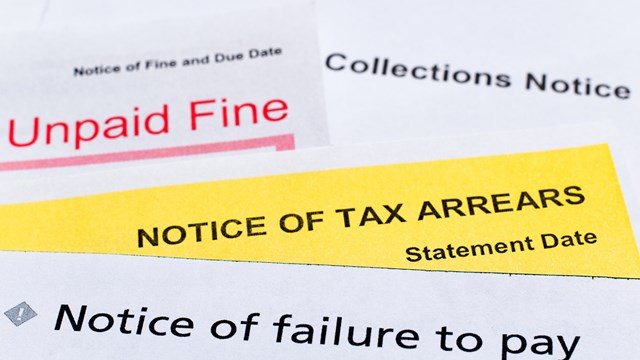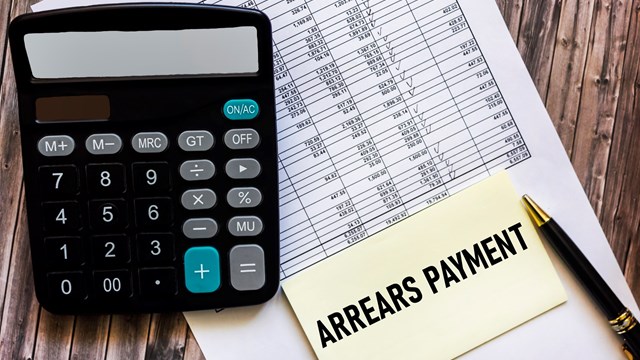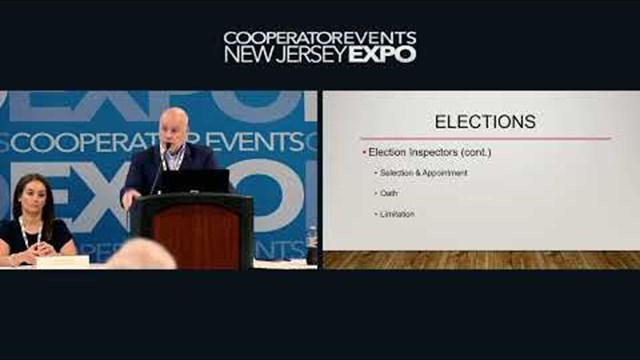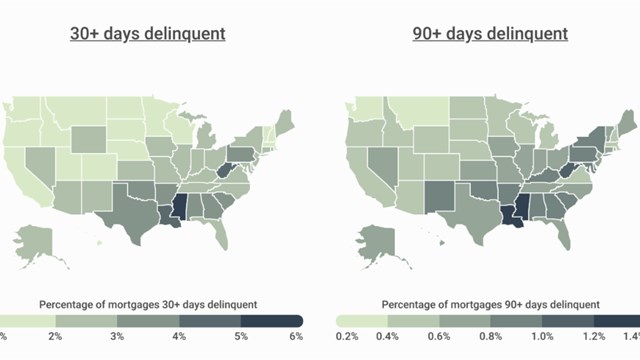
Q. “Say if an owner is leaving the property and relocates in a different state (due to a layoff), and the property is not rented. Later on, the owner is filing a hardship and the property goes in foreclosure. Should the owner pay the HOA, and should this be the same amount like when somebody was leaving the property (even if there was no electric or water used all this time on that property)?”
—What to Do Next?
A. “The question is not entirely clear as to whether this is a condominium unit or part of a homeowners’ association (HOA),” says attorney Eric Mann of the Northfield firm Hyberg, White & Mann. “In New Jersey, a condominium owner’s obligation to pay assessment is unconditional. N.J.S.A 46:8B-17 provides that, “A unit owner shall, by acceptance of title, be conclusively presumed to have agreed to pay his proportionate share of common expenses...” There is no right to pay any lesser amount regardless of any financial “hardship.” If this is an HOA property, you need to review the Declaration of Covenants and Restrictions, as there is often language mirroring the above. In a perfect world the owner should continue to pay and in fact has a legal and contractual obligation to do so, but in today’s world (and especially if the owner is leaving the state) recovery of these fees may prove difficult.
“The questioner also raises the issue of utilities not being used, and from the question I assume that the association fees included payment for these charges, though the question is not very clear. What I can tell you is that non-use of common elements (or in this case an amenity) is not an excuse for not paying. The same statutory provision cited above also provides that, “No owner may exempt himself from liability for his share of common expenses by waiver of the enjoyment of the right to use any of the common elements or by abandonment of his unit or otherwise.””









Leave a Comment